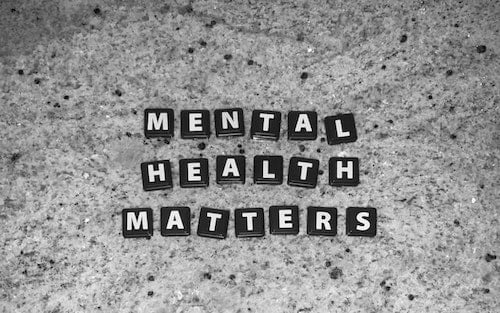Introduction
Mental health is a crucial aspect of our well-being that is often overlooked or neglected. While physical health is essential, our mental health is equally important, and it affects every aspect of our lives. In this article, we will delve into the importance of mental health, explore some common mental health issues, and provide tips and strategies for maintaining good mental health.
The Importance of Mental Health
Defining Mental Health
Mental health is defined as a state of well-being in which an individual realizes their abilities, can cope with the normal stresses of life, can work productively, and is able to make a contribution to their community.
The Impact of Mental Health
Mental health is critical to our overall well-being, as it affects our thoughts, emotions, and behaviors. When our mental health is compromised, it can impact our daily functioning, including our ability to work, socialize, and take care of ourselves. Additionally, poor mental health can lead to physical health problems, such as heart disease, obesity, and diabetes.
Common Mental Health Issues
Anxiety Disorders
Anxiety disorders are the most common mental health disorder, affecting over 40 million people in the United States alone. These disorders are characterized by persistent and excessive worry or fear, which can interfere with daily activities.
Mood Disorders
Mood disorders, such as depression and bipolar disorder, are characterized by changes in mood or emotion. Depression is a prevalent mental health disorder that affects over 17 million people in the United States. It can cause feelings of sadness, hopelessness, and worthlessness, and can interfere with daily functioning.
Substance Use Disorders
Substance use disorders are characterized by the recurrent use of drugs or alcohol despite negative consequences. These disorders can cause physical and psychological harm and can lead to addiction.
Eating Disorders
Eating disorders, such as anorexia and bulimia, are characterized by abnormal eating habits that can have serious physical and psychological consequences.
Strategies for Maintaining Good Mental Health
Exercise
Regular exercise is one of the best ways to maintain good mental health. Exercise has been shown to reduce symptoms of depression and anxiety, improve mood, and enhance cognitive functioning.
Nutrition
A healthy diet is also essential for good mental health. Eating a balanced diet with plenty of fruits, vegetables, whole grains, and lean proteins can help to support good mental health.
Sleep
Getting enough sleep is crucial for maintaining good mental health. Sleep helps to regulate our emotions, improve cognitive functioning, and promote overall well-being.
Social Support
Having a strong support system of friends and family can also be beneficial for maintaining good mental health. Social support can provide emotional support, practical help, and a sense of belonging.
Stress Management
Stress is a common cause of poor mental health, and learning effective stress management strategies can help to reduce its impact. Techniques such as deep breathing, meditation, and yoga can help to reduce stress and promote relaxation.
Conclusion
Maintaining good mental health is essential for our overall well-being. Mental health issues can have a significant impact on our daily lives, and it is important to take steps to protect and maintain our mental health. By following the strategies outlined in this article, you can support good mental health and improve your overall quality of life.
FAQs
Q: What is mental health?
A: Mental health refers to our emotional, psychological, and social well-being.
Q: Why is mental health important?
A: Mental health is important because it affects every aspect of our lives, including our thoughts, emotions, and behaviors.
Q: What are some common mental health issues?
A: Some common mental health issues include anxiety disorders, substance use disorders, and eating disorders.
Q: How can exercise help with mental health?
A: Regular exercise has been shown to reduce symptoms of depression and anxiety, improve mood, and enhance cognitive functioning.
Q: What are some effective stress management strategies?
A: Some effective stress management strategies include deep breathing, meditation, yoga, and regular exercise.
Q: How can social support help with mental health?
A: Having a strong support system of friends and family can provide emotional support, practical help, and a sense of belonging, which can help to support good mental health.
